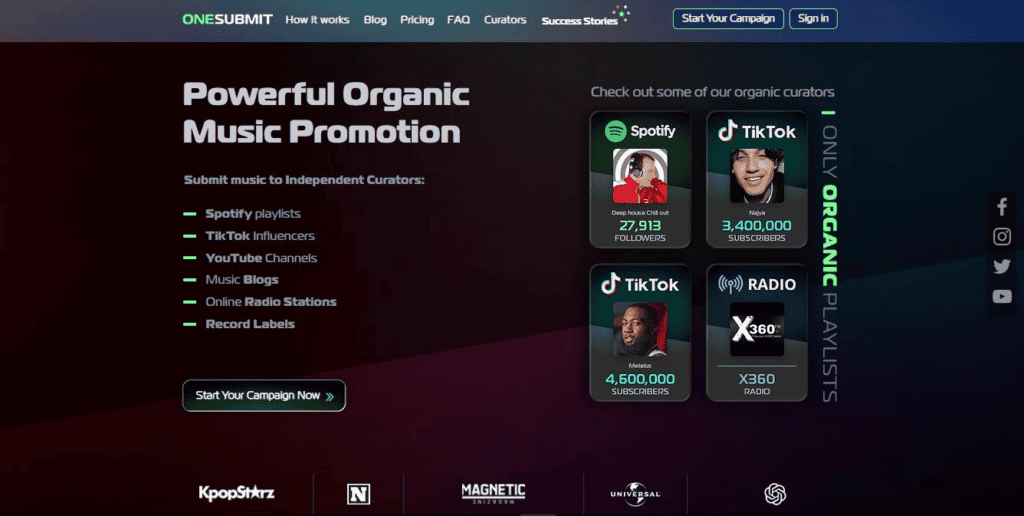We’ve all seen the social media posts – a digital nomad seemingly living it up, a cocktail or a cappuccino posed on their desk next to their laptop, a view looking out at the sprawling mountains or a pristine beach. The caption reads: It’s noon, and I’ve finished another tough day at the office.
![]()
With the advancements in technology – digital platforms, file sharing, cloud storage, e-commerce, etc. – more and more people are opting to dedicate themselves to working remotely, and by extension, exploring exotic locals and leading a nomadic lifestyle in the process.
Origins of the Gig Economy
Being a digital nomad twenty years ago was somewhat of a rare occurrence, reserved mainly for coders, software developers, web designers, photographers, teachers, and coaches.
Then in 2008, the housing bubble burst, causing a severe economic recession. Millions of workers lost their jobs, and companies, in turn, suffered as well. The large number of recently unemployed or underemployed then turned to punctual freelance assignments to try and get back on their feet. Companies, that saw in this trend a way to cut labor costs, were more than eager to outsource tasks and responsibilities to freelancers and subcontractors.
These punctual tasks are known as gigs – what 1920s jazz musicians used to call the sessions or club dates they were playing at. The term then became widely used among musicians of all genres then later by people of all fields of creative arts than by the general populace on the whole.
Some eleven and a half years later, the still booming gig economy (fueled by further technological developments) would get an unexpected (and tremendous) boost, due to the COVID-19 pandemic. The pandemic saw many cities and entire countries go under lockdown, literally forbidding businesses to operate a physical office space. This caused people in droves to start working remotely.
While many of these people continued working for the same company they were working with before the pandemic, as more and more people started acclimating themselves to using digital platforms and doing remote work, many chose to continue as freelancers, and the struggling world economies were all the willing to accommodate them.
What Is the Gig Economy and How Does It Differ From Hustle Culture
Given the advancements in digital technologies and the shift towards remote work, the labor market has undergone changes that favor opportunities for freelancers and part-time employees as opposed to fixed-salary workers. This relatively recent dynamic in the labor market is known as the gig economy.
Hustle culture – while often brought up when talking about gig culture – should not be confounded as to mean the same thing. Hustle culture, in its origins, is an attempt to rebrand the common practice of pinning freelance workers against freelance workers in an effort to have them lower their fees and thus pay them less for their work. The term seeks to validate, if not glorify, the exploitation of the precarious state freelancers often find themselves in.
Hustle culture is a result of economic difficulties that have caused many to be either out of work or drastically underpaid, and some comapnies’ willingness to exploit the unlucky and desperate.
It is possible to earn a fair wage for the work you do and the value you contribute. Hustle culture, and its implications, are not a prerequisite for entering the gig economy. And though, in some articles, the terms gig economy and hustle culture are meant to convey the same economic phenomenon, in this article, they are not synonymous and one does not imply the need for the other.
The Personality Profile of a Successful Gig Worker
Not everyone has the characteristics and make-up of someone who fits the gig economy. When it comes to how to be your own boss and to succeed in self-employment there is a personality type that gravitates toward this lifestyle, and another that definitely does not.
You Are Goal-Driven and Self-Motivated
In the gig economy, you are your own boss. If you need to be reminded of your deadlines, given advice on how you can best carry out the tasks you’ve taken on, and you need to be told you’ve done a great job, you are going to have to do all that yourself.
People who thrive in the gig economy are self-starters. They don’t need further stimuli other than their own sense of work ethic and work pride. They are driven by both short-term and long-term goals, and they have the intellectual curiosity and ambition to seek out solutions for how to go about achieving their goals.
You Love Technology (or at the least, you are comfortable using it)
The gig economy exists thanks, in large part, to advancements in digital technology. Therefore, the vast majority of gigs (projects, tasks) involve the use of potentially the latest technological developments in digital communication.
People who thrive in the gig economy have a great understanding of and appreciation for gadgets, smartphones, and online software.
You Are Comfortable With Self-Promotion
A large part of succeeding in the gig economy is selling yourself, either as a competent professional who stands out from the crowd or as a brand, or both. Basically, any gig you get in the gig economy requires a bit of marketing, promoting, and selling yourself.
The Gig Economy Is Not Structured For Organic Upward Movement
If you hate the job you are presently doing, there are things to try before quitting as well as some not insignificant downsides to the gig economy you may want to consider.
In the traditional labor market, an entry-level worker can expect to one day be promoted to a better position with better pay. Entry-level psychologists, for example, after a few years, should find opportunities for advancement – greater responsibility at a greater salary within the same organization.
The gig economy is not structured to reward loyalty with upward movement within a given organization. Instead, the gig economy often treats workers as if they were interchangeable. On the one hand, this perspective allows workers the flexibility to work on the projects they want to work on and when. But on the other hand, any growth or professional advancement can only come with the freelancer reinventing him or herself or possibly moving from the freelance status to one of the entrepreneurs.
The Gig Worker Is Still Looked Down Upon by Major Lending Institutions
The amazing amount of flexibility the worker in the gig economy enjoys comes at the cost of long-term security. Lending institutions such as banks are far less interested in someone’s flexibility and far more interested in their long-term financial stability.
If buying a house or building a significant nest egg for another specific goal is a priority for you, know that it is not impossible to accomplish those goals while working within the gig economy, but it is likely to be far more difficult than through more traditional work structures.
The Bottom Line
The gig economy offers opportunities for people to be more selective as to the type of work they do and where and when they do it. However, in contrast, the gig economy is able to provide these opportunities at the expense of long-term security and an easier prospect of upward mobility.
Those who thrive in the gig economy are more often than not adventurous, creative people with either an entrepreneurial spirit or entrepreneurial ambitions.







